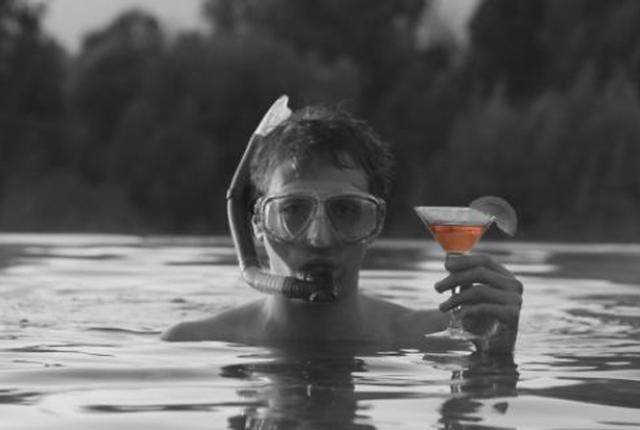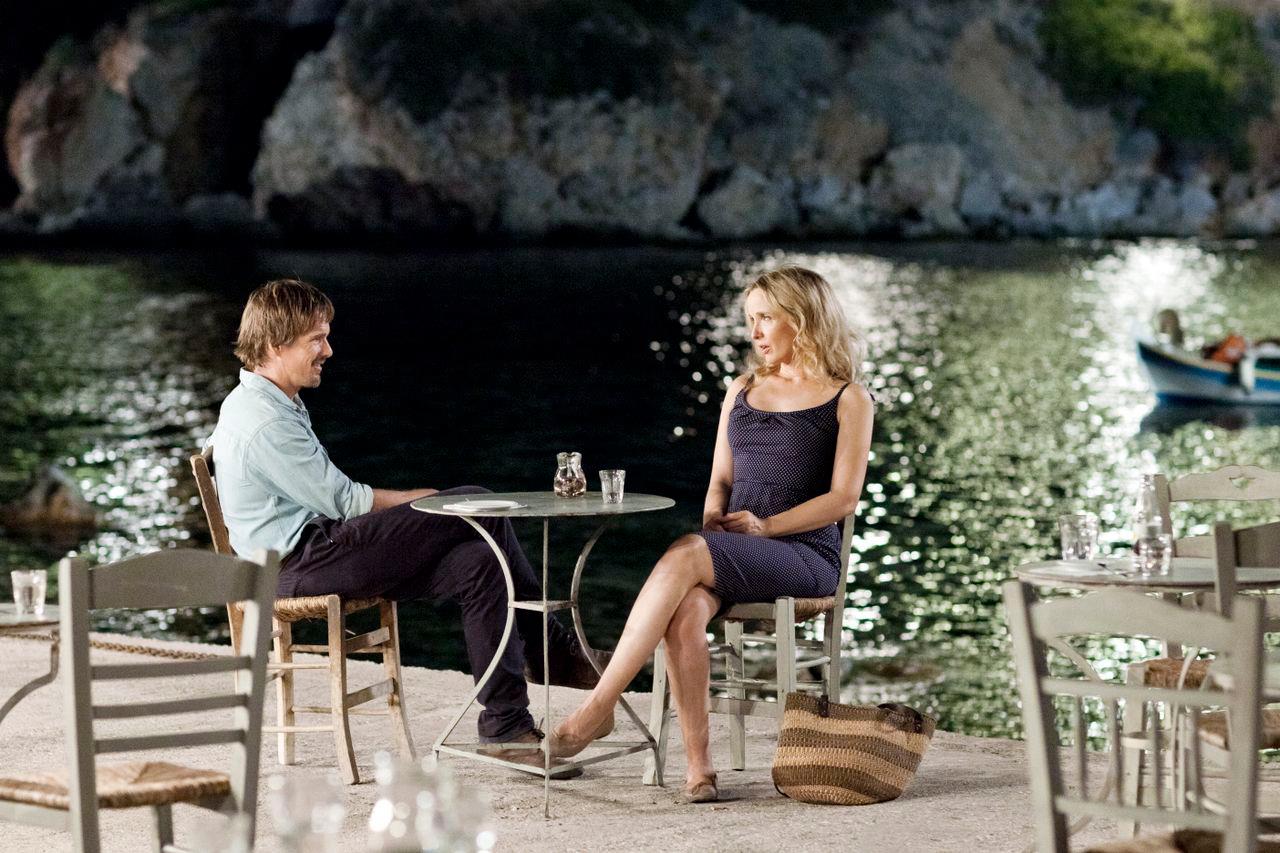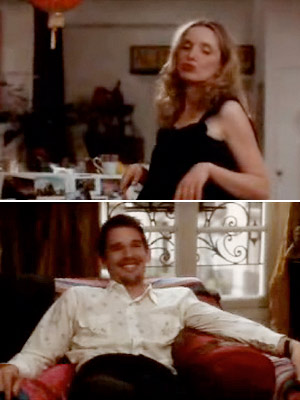 It’s no surprise that it took an American who cut his teeth on TV to successfully film a Shakespearean comedy. TV, unlike movies, has always been about the writing, and though the rise of premium cable has changed that to some degree (the lush visuals of Mad Men, including Jon Hamm himself, would have been inconceivable even a decade ago), TV remains more writing-focused than nearly all films that come down the pike.
It’s no surprise that it took an American who cut his teeth on TV to successfully film a Shakespearean comedy. TV, unlike movies, has always been about the writing, and though the rise of premium cable has changed that to some degree (the lush visuals of Mad Men, including Jon Hamm himself, would have been inconceivable even a decade ago), TV remains more writing-focused than nearly all films that come down the pike.
Still, the sheer pleasure of Joss Whedon’s Much Ado About Nothing does surprise, if only because a really terrific film always comes as the nicest of surprises. Shot against a modern Southern Californian backdrop in a stylish rather than showy black and white, it looks just good enough to prove undistracting. And peopled with an equally unshowy cast of TV actors rather than movie stars, this Much Ado About Nothing has the good grace to duck an ado about anything. Except the language, which soars here, unadorned by the smoke and mirrors dooming all too many cinematic adaptations of the Bard’s work.
Like TV programs, Shakespeare’s works are truly populist—not so much by throwing a few crumbs to the groundlings as by casting a spell that enchants the largest of human common denominators and raises us all up in the process. There’s a reason his works established the templates upon which nearly all subsequent stories are based. In his plays Shakespeare lays out the most universal, the most timeless, the most glorious messes we humans ever make for ourselves—triangles and intrigues built upon paranoia, greed, lust, envy, self-hatred, tribalism—and then gently coaxes us into revelation by virtue of the words, the words, the words.
The assumption that bumperstickerese and monosyllables are required to reach the “little people” has always been wrongheaded. People from all walks of life comprehend the King James Bible, thous and begats and all, and the same can be said for the diction of Willy Shakes (as is the Bard’s handle on, of all things, Twitter) when it’s allowed to speak for itself. Yet film directors forget that too often, either drowning their adaptations in pomp and circumstance (here’s looking at you, Branagh) or sidestepping the breadth of the verse. Not Joss, though. He who fed strong (and sometimes queer) women to the American viewing public without inciting a major backlash has made a Much Ado both gimmick- and fancy-free. He circumvents the intricate Italian politics that have always plagued this story by updating Leonato and crew as big businessmen. The inobtrusive wardrobe, hair, music, and set here harken back to the 90s, that most stylistically innocuous of decades (and Whedon’s TV hey day, don’t ya know). And it goes without saying that the plot and verse endure very few embellishments.
All the better to lay bare those screwballs, which actually do get rawther sexy. (Shakespeare always does.) Behold Nathan Fillion, who plays Dogberry as a menschy beat cop long resigned to buffoonery. Behold that ultimate TV actor Clark Gregg, who plays patriarch Leonato with gleaming eyes and toothless smile. Best, behold the ever-flashing Beatrice (Amy Acker) and Benedick (Alexis Deniso), who (prat)fall over themselves again and again in their efforts not to be laid bare. In sooth, the fleetfooted wit and eroticism of this production is steeped in just enough pop. It sparkles. It stirs. It does not shake.



